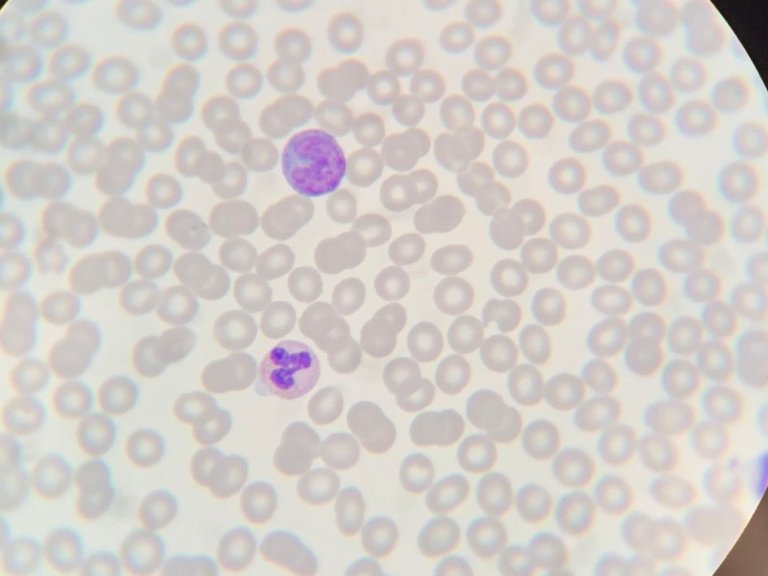'Your health is your wealth', is the motto of Charles Agyemang, epidemiologist and professor of Global Migration, Ethnicity and Health at Amsterdam UMC. With his research work, he contributes to reducing health inequalities worldwide. For the next five years, he will continue his focus on Kenya, Ghana and Uganda. With the M-CARE project, his team will investigate how local primary care providers can best deal with the increase in patients with multiple cardiometabolic disorders. Agyemang: "In low- and middle-income countries, you see an increase in what we call 'diseases of affluence' here, such as cardiovascular disease, high blood pressure, diabetes and kidney failure. In our research region, care is often fragmented among different care providers. M-CARE wants to change that by offering all the necessary care in one central place."
Anxiety and depression
To stimulate the prevention and treatment of non-communicable diseases (NCDs) in low- and middle-income countries, the World Health Organization (WHO) developed a package of evidence-based interventions: the Package of Essential NCD interventions (PEN). The interventions are tailored to institutions with few resources. The extent to which PEN is actually used is a question that M-CARE is taking into account in the research. One of the barriers, for example, is that cardiometabolic disorders in low- and middle-income countries are often accompanied by mental health problems such as anxiety and depression. "If you have to live from hand to mouth, you can't build up savings to pay for doctor's bills and medicines," Agyemang explains. "There are also travel costs to and from care providers. At the same time, you lose income because you can't work. This is how the stress piles up; Anxiety and depression are quickly lurking. Then the treatment can be compromised and that in turn causes worsening physical complaints. The quality of life is decreasing, mortality is increasing, and costs are rising."
To ensure that local health care providers learn to recognize and treat common mental health conditions, the WHO developed the Mental Health Gap Action Programme intervention guidelines (mhGAP-IG). Together with PEN, these guidelines form the basis for an effective approach for primary care institutions in the countries mentioned. How do you ensure that these guidelines are actually put into practice? Agyemang: "What often happens is what I call the 'cut-and-paste scenario'. You do something in the West, and people think: oh, it works here, so it must work there too. But the practice in low- and middle-income countries differs, so you have to ask yourself: what makes it work there or not? Only when you know that, can you tackle it effectively."
Local context
M-CARE will therefore provide a detailed picture of the local context in rural and urban areas in these three countries. This is done together with local stakeholders. "Healthcare providers, patients, administrators: we want to hear all those voices, so that we know exactly what is going on. If you design the programme in co-creation, you take all perspectives into account. Solutions must fit the reality of the community."
The mission of M-CARE
M-CARE is a major international collaboration with the African Population and Health Research Center (APHRC), the University of Ghana, the London School of Economics and the University of Copenhagen. With the study Implementation of an Integrated Care Model for Patients with Multiple Cardiometabolic and Mental Health Conditions in Sub-Saharan Africa, Agyemang wants to contribute to the global goal of reducing the number of premature deaths from non-communicable diseases by a quarter by 2030. In the process, he hopes to arrive at an approach that can be scaled up to low- and middle-income countries around the world. A mission that fits seamlessly with A healthy future for all, Amsterdam UMC's multi-year strategy 2025-2030.




